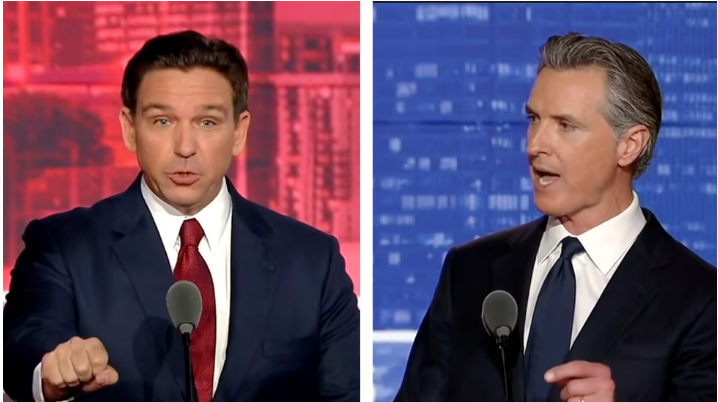Opinion: Should Hawaii Remain a State?

This coming August 21st is the controversial but celebrated Hawaii Statehood Day, which commemorates Hawaii’s admission as the 50th state of America. Why is this holiday so controversial? Many believe that Hawaii’s statehood is unethical because historically, US-Hawaii relations have been filled with corruption and exploitation from the former. However, I believe that ends justify means, and that Hawaii is much better off as a state than as an independent country.
It’s undeniable that America exploited Hawaii. Before the early 19th century, Hawaii was its own sovereign monarchy ruled by the Kamehameha line. But starting with Massachusettsan William Hooper, who started a 980 acre sugar cane plantation in Hawaii in 1835, many power-hungry Americans immigrated to the Hawaiian islands because they saw potential in sugar farming and exploitable natives. These settlers became plantation owners, quickly gained high social status, westernized Hawaii and its politics, and suppressed Hawaiian culture enough to be considered cultural genocide. The planters constantly pushed for democracy, weakening the traditional monarchy, and made laws that restricted almost all native Hawaiians from voting, essentially putting the government entirely under their control. Through this corruption and abuse, the Kingdom of Hawaii became a Republic before finally becoming a US Territory in 1900. The planters constantly pushed for democracy, weakening the monarchy, but made laws that restricted almost all native Hawaiians from voting. Hawaii achieved its statehood through its own will. In the decade following World War II, Hawaii went under much social and political reform and the Hawaiian Democratic Party lobbied for statehood because full representation in the American government was the best way to achieve equality. On March 18, 1959, Congress enacted the Hawaii Admission Act and 94% of Hawaiian voters were in its favor.
Some people claim that the Admission Act was unfair because it only had the options of Hawaii either becoming a state or remaining a territory, but ignored the potential of Hawaii becoming an independent state. However, the Hawaiians petitioned for statehood, not sovereignty, and statehood has proved to be better for Hawaii. In 2019, Hawaii’s GDP Per-Capita was $59 thousand dollars while Guam, Puerto Rico, and the American Samoas had $35.7, $31.5, and $11.5 thousand respectively. These huge differences mean that the quality of life of the average Hawaiian is much higher than the average person living in American territories. Hawaii’s status as a state has given it more economic opportunities that would have been unavailable to it as a territory.
If Hawaii were to give up its statehood and become a sovereign nation, there would be plenty of problems. Hawaii’s greatest industry is its tourism sector, and Americans from other states flock to Hawaiian beaches. Only 42% of Americans have passports, and that means that if Hawaii became independent, only people with passports could visit, significantly reducing the size of the market. International flights are much more costly than domestic flights and would further push potential tourists away from the islands. Not only that, but Hawaii would have to reform everything that America had provided from scratch. In particular, Hawaii would be left defenseless without a military, and due to the island’s small population it couldn’t afford to enlist many soldiers.
It would be senseless to make a choice supported only by history when it would be harmful in the future. Although Hawaii has been greatly harmed by American imperialism, America has fully acknowledged this in the Apology Resolution in 199. Mistakes have been recognized and both Hawaii and America need to move on. We live in the present, not the past.







